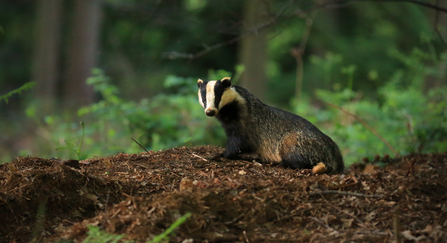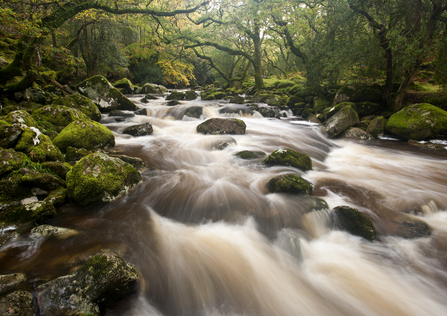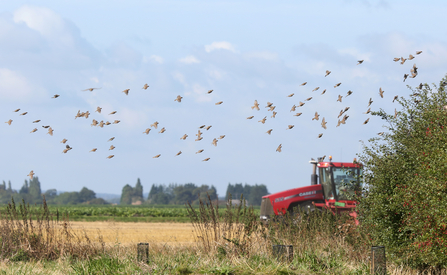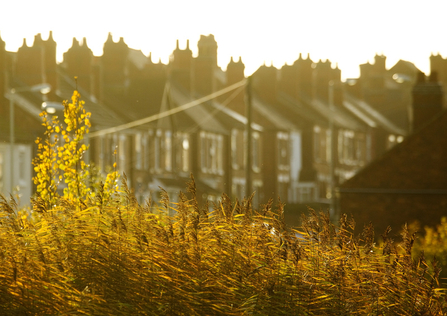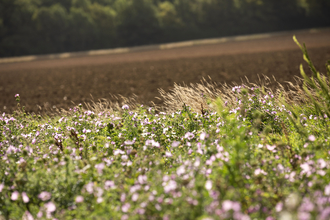Let’s look back first at Labour’s manifesto commitments – the things they pledged to deliver on if voted into government. The party made several important pledges, notably to take action to meet the targets set out in the 2021 Environment Act, including halting the decline of the UK’s wildlife by 2030. They also committed to banning harmful pesticides, to ending the “ineffective” badger cull in England and to protect the green belt and ensure that environmental protections are not weakened when building new homes.
Unfortunately, little mention was given to nature-friendly farming nor to the marine environment, for which the UK is internationally important. There were, however, notable commitments made around improving access to nature and in tackling the climate emergency, such as a significant scaling up on renewable energy and ending new oil & gas licences.
Almost by definition, manifestoes ‘flatter to deceive’, and to be frank, this government have yet to deviate far from that adage. Amidst the many laudable commitments, there has been a disappointing lack of action over the last year. And worse still, we have also seen an all-out assault on nature from the Chancellor in particular, who has repeatedly misdirected blame for an ailing economy towards bats and newts. You would laugh, if the consequences weren’t so grave.
But before we dwell more on that, let’s look at some of the positive progress that has been made, of which there are indeed several highlights, which I’ll run through alongside the 3 asks that DWT made of government during the election.


